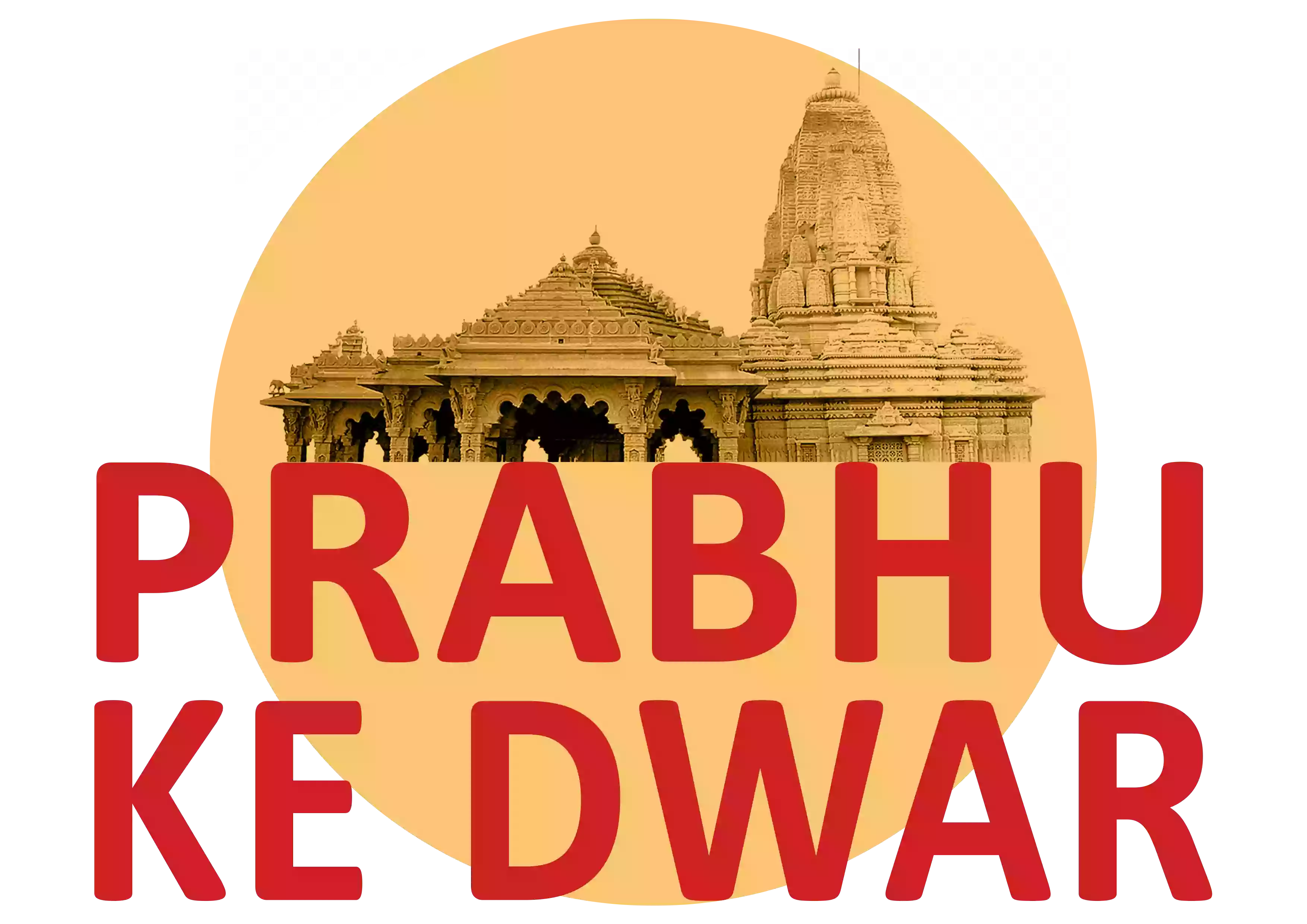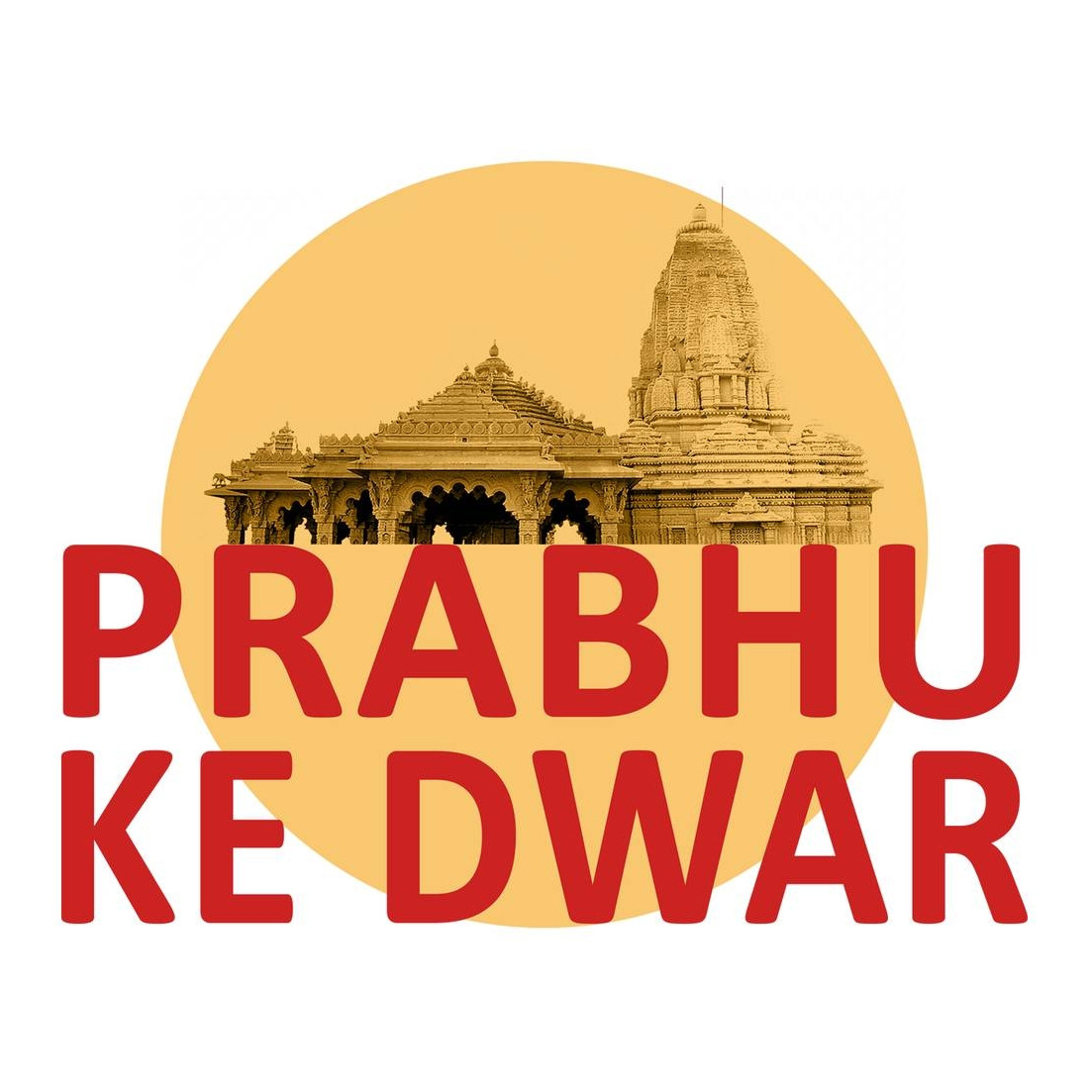The Origins of Diwali
Tracing the Roots
The term "Diwali" originates from the Sanskrit words "dīpa" and "āvali," signifying lamps and rows, respectively. While its celebrations are diverse, Diwali's most renowned tale recounts Lord Rama's return to Ayodhya after 14 years of exile, symbolizing the victory of good over evil. Additionally, Diwali reveres Goddess Lakshmi for prosperity and Lord Ganesha for wisdom.
Diwali Around the World
A Global Celebration
Diwali transcends borders, known by various names like Jain Diwali, Bandi Chhor Diwas, and Tihar, yet its essence remains constant - the triumph of light, goodness, and knowledge over darkness and ignorance.
When is Diwali in 2024?
Mark Your Calendar
Following the Amanta tradition, Diwali spans five days in the Hindu lunisolar months of Ashvin and Kartika, typically between mid-October to mid-November. In 2024, the auspicious festival will be celebrated on Friday, November 1st.
Let's take a closer look at the key days of Diwali and the auspicious moments:
Diwali Date and Muhrat
- Pradosh Kaal - 05:36 PM to 08:11 PM
- Vrishabha Kaal - 06:19 PM to 08:15 PM
Lakshmi Puja Muhurat without Sthir Lagna
- Amavasya Tithi Begins - 03:52 PM on Oct 31, 2024
- Amavasya Tithi Ends - 06:16 PM on Nov 01, 2024
All 5 Days of Diwali 2024
| Day 1 | Dhanteras | October 29th, 2024 (Tuesday) |
| Day 2 | Narak Chaturdashi (Chhoti Diwali) | October 31st, 2024 (Thursday) |
| Day 3 | Diwali (Laxmi Pujan) | November 1st, 2024 (Friday) |
| Day 4 | Govardhan Puja | November 2nd, 2024 (Saturday) |
| Day 5 | Bhai Dooj | November 3rd, 2024 (Sunday) |
Dive into Diwali: Understanding the Festive Days
1. Dhanteras:
This auspicious day heralds Diwali's commencement on the thirteenth day of the dark fortnight of Ashwin or Kartik. It's associated with wealth and health, honoring the Ayurvedic deity Dhanvantari.
2. Chhoti Diwali:
Also known as Naraka Chaturdashi, Chhoti Diwali falls on the fourteenth day of the dark fortnight of Ashwin or Kartik. It commemorates Lord Krishna's victory over the demon Narakasura.
3. Diwali:
The pinnacle of celebrations occurs on the fifteenth day of Ashwin's or Kartik's dark fortnight. Diwali, the "festival of lights," signifies the victory of light over darkness, celebrated by illuminating homes and temples.
4. Govardhan Puja:
Honoring Lord Krishna's act of lifting the Govardhan mountain, this day is celebrated on the first day of Kartik's bright fortnight to protect villages from floods.
5. Bhai Dooj:
Occurring on the second day of Kartik's bright fortnight, Bhai Dooj celebrates the cherished bond between siblings.
The Joy of Diwali
Embracing Festivity
Diwali, the Festival of Lights, transcends mere religious observance; it's a global shopping extravaganza. Homes sparkle with oil lamps and vibrant rangoli designs, while families exchange gifts, don new attire, and relish sweet delicacies. The night sky erupts with fireworks, symbolizing the victory of light over darkness, and families unite for prayers, seeking blessings for prosperity and well-being.
Celebrating Light and Victory
Diwali stands as a cherished festival uniting hearts worldwide. It embodies hope, positivity, and the eternal triumph of light. As November 1, 2024, approaches, let's eagerly embrace the festivities of Diwali with fervor and joy.
How to Celebrate Diwali in 2024
Celebrating Diwali is a joyous and vibrant affair filled with traditions, rituals, and festivities. Here's a guide on how to celebrate Diwali:
Cleaning and Decorating: Before Diwali, homes are thoroughly cleaned and decorated to welcome the goddess of wealth, Lakshmi. From dusting corners to adorning entrances with colorful rangoli patterns, every detail adds to the festive spirit.
Lighting Oil Lamps (Diyas): Lighting diyas or oil lamps is central to Diwali celebrations. These lamps symbolize the triumph of light over darkness and are placed around the house, in courtyards, and on windowsills to illuminate every corner.
Exchanging Gifts: Diwali is a time for giving and receiving gifts as tokens of love and appreciation. Families and friends exchange sweets, dry fruits, decorative items, and even gold and silver coins as a gesture of goodwill.
Wearing New Clothes: It's customary to wear new clothes on Diwali, symbolizing renewal and prosperity. Families dress in their finest attire, often in vibrant colors, to look their best for the festivities.
Preparing Festive Meals: Diwali is synonymous with delicious food. Elaborate feasts featuring a variety of sweets, savory snacks, and traditional dishes are prepared to indulge in with family and guests.
Fireworks and Firecrackers: The night sky comes alive with colorful fireworks and firecrackers, adding excitement and spectacle to the celebrations. Bursting crackers is believed to ward off evil spirits and bring good luck.
Offering Prayers and Puja: Diwali holds significant religious importance, with prayers and pujas conducted in homes and temples. Special rituals dedicated to Goddess Lakshmi and Lord Ganesha are performed to seek blessings for prosperity and well-being.
Visiting Friends and Relatives: Diwali is a time for togetherness and reunion. Families visit relatives, exchange greetings, and share the festive spirit by inviting guests over for meals and celebrations.
Giving to the Needy: Charity and compassion are integral to Diwali. Many people donate to the less fortunate, distribute food and clothes to the needy, and contribute to charitable causes as a way of spreading joy and kindness.
Enjoying Cultural Performances: Diwali festivities often include cultural events like dance performances, music concerts, and theater shows, showcasing the rich heritage and traditions associated with the festival.
FAQ:
1. What is the significance of Diwali?
Diwali symbolizes the victory of light over darkness, good over evil, and knowledge over ignorance. It commemorates Lord Rama's return, associated with the worship of Goddess Lakshmi and Lord Ganesha.
2. When is Diwali in 2024?
Diwali in 2024 falls on Sunday, November 1st, typically occurring between mid-October to mid-November in the Hindu lunisolar months of Ashvin and Kartika.
3. How do people celebrate Diwali?
Diwali celebrations include lighting lamps, creating rangoli designs, exchanging gifts, wearing new clothes, enjoying festive meals, setting off fireworks, and gathering for prayers to seek blessings for prosperity and well-being.
4. What are the different days of Diwali and their significance?
Diwali spans five days: Dhanteras marks the festival's commencement, Chhoti Diwali celebrates victory over evil, Diwali symbolizes light's triumph, Govardhan Puja honors Lord Krishna's protective act, and Bhai Dooj celebrates sibling bonds.
5. Is Diwali celebrated only in India?
No, Diwali is celebrated globally, including countries with significant Hindu, Jain, and Sikh populations, such as Nepal, Sri Lanka, Fiji, the United States, Canada, and the United Kingdom. It represents the celebration of light and goodness across borders.



